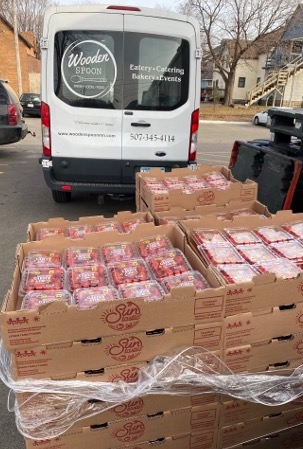History
The Need
Mankato is home to regional distribution centers and therefore sees a steady stream of trucks hauling fresh produce, meats, and other foods for delivery. If a pallet tips over in the truck, or the order is incorrect, or there is a tiny bit of mold on a single strawberry, edible food may be denied for delivery at the Distribution Center. When this happens, the food on the truck is destined for the landfill unless the driver can find an organization to take it.
While there are several local organizations that have long served as hubs for food donations from truck drivers, as well as from local farmers and other retailers, these organizations face storage space and processing constraints that limit their ability to accept and distribute all of the available food, especially fresh produce and meats, before it goes bad. Food that cannot be distributed may go to local livestock producers for animal feed or into the compost stream.
SCMNFR has the capacity to accept and store large donations and process fresh foods into ready-made meals for distribution by community partners, thereby ensuring that even more food is rescued for human consumption and used to address food and nutrition insecurity in South Central Minnesota.
Timeline
May 2019
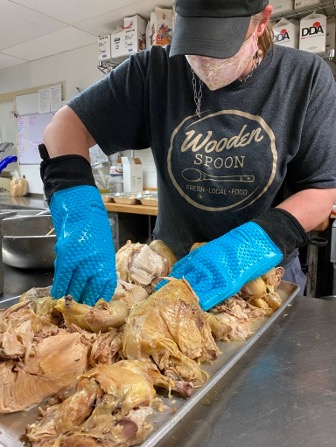
Wooden Spoon Owner Natasha Frost and Executive Chef Brigette (B) Rasmussen received a call from Mankato Youth Place Director Erin Simmons about three pallets (one and a half tons) of raw chicken that were turned away from regional distribution centers and headed for the landfill. They accepted the chicken and processed it to be used by Mankato Youth Place and other local nonprofits that provide food to community members in need.
May 2019 – March 2020
Wooden Spoon began building a community-led food recovery effort, working with local nonprofits, coalitions, and individuals who are committed to ensuring that quality food is not wasted and instead gets to those in need.

October 2020
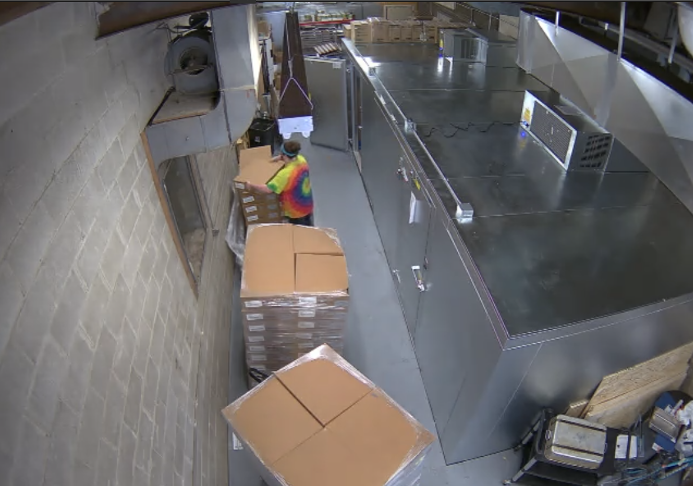
Wooden Spoon secured the first grant to support the food recovery effort from the Minnesota Pollution Control Agency. The grant was used for infrastructure improvements, including expanding an existing space and purchasing a large refrigerator and freezer, which allowed for enhanced operations and expansion into recovering fresh produce.
May 2021
Under the leadership of Mankato Youth Place Director Erin Simmons, the food recovery effort began a formalized volunteer system and expanded into producing ready-made meals for distribution by partner organizations, coalitions, and individuals.
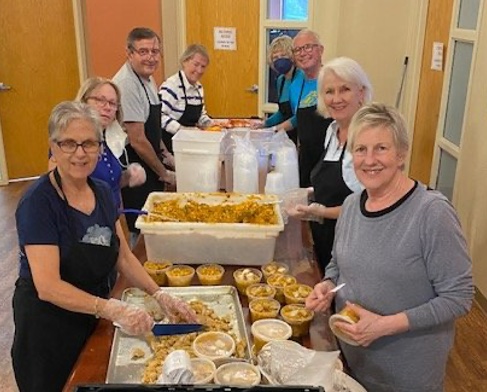
August 2021
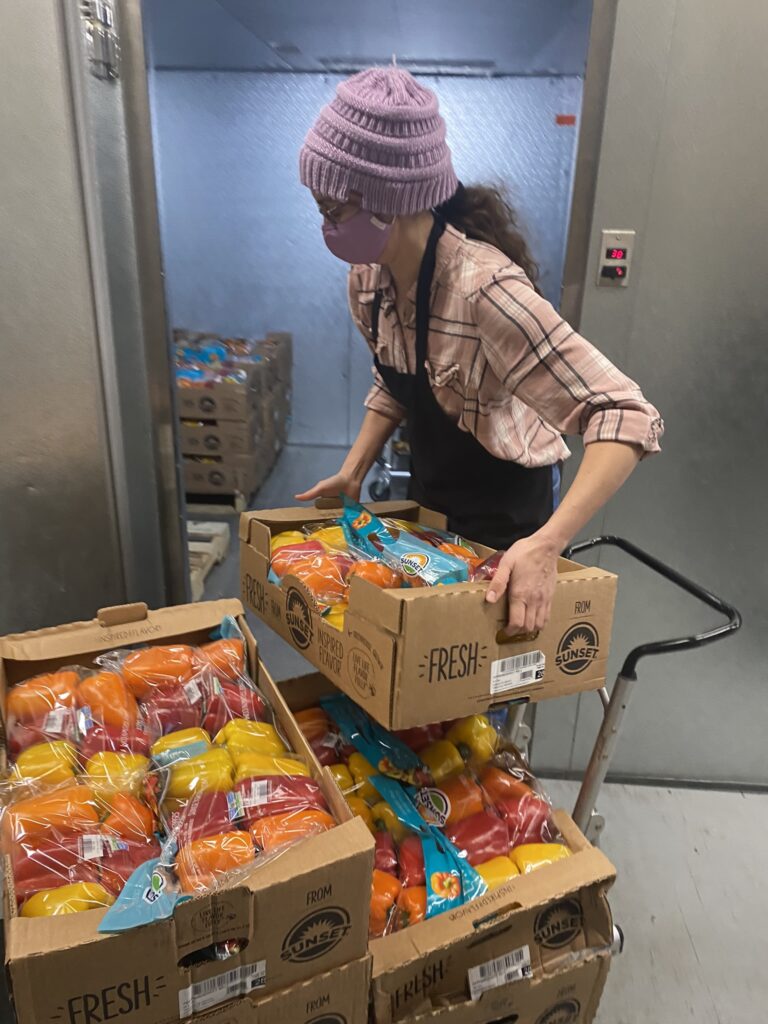
After many meetings, a group of interested stakeholders determined that a new nonprofit should be formed to carry forth the food recovery effort. The SCMNFR Board of Directors was formed and work began to file for nonprofit status.
March 2022
SCMNFR received nonprofit status. SCMNFR entered into a formal agreement with Wooden Spoon to continue managing day-to-day food recovery operations.
